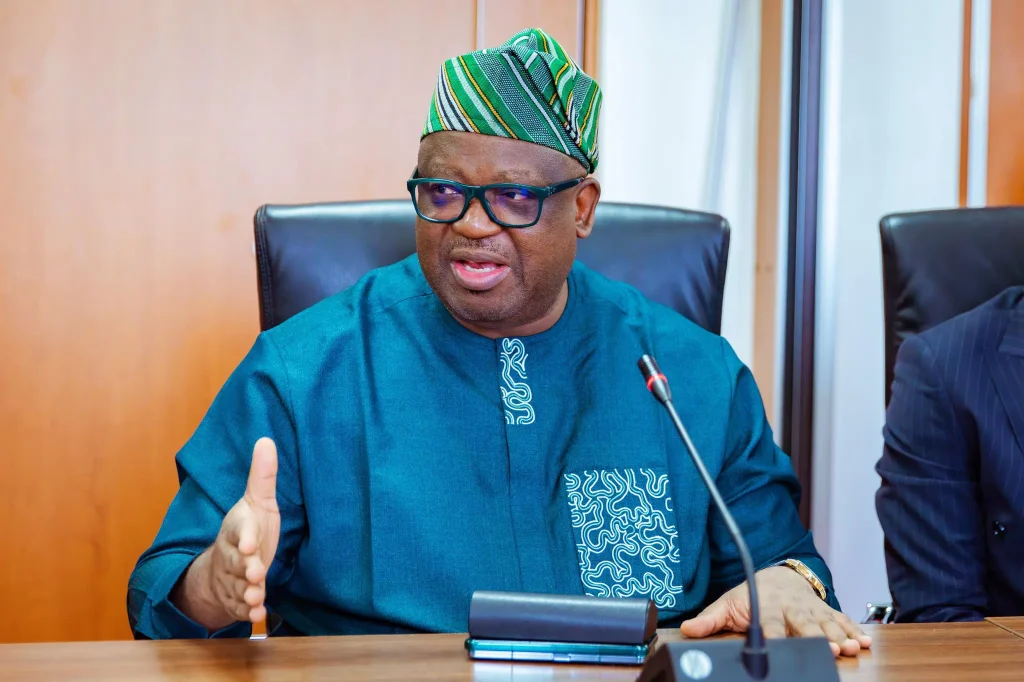The Central Bank of Nigeria (CBN) disclosed that Nigerians’ expenditure of $40 billion on foreign education and medical tourism over the past decade has significantly impacted the free-fall of the Naira. The continuous depreciation of the Naira against the US Dollar has been attributed to the high demand for foreign currency to pay for services in education, healthcare, and various other sectors.
Governor Olayemi Cardoso addressed the House of Representatives, emphasizing that foreign education expenses accounted for $28.65 billion, while medical treatment abroad incurred about $11.01 billion. The substantial demand for education, healthcare, professional services, personal travel, and other needs has exerted immense pressure on the exchange rate.
Additionally, personal travel allowances totaled $58.7 billion during the same period, with annual imports surging from $16.65 billion in 1980 to $67.05 billion by 2014. Despite a subsequent decrease to $54.71 billion, the demand for US Dollars remained high. Cardoso suggested that while inflation pressures may persist, they are expected to moderate significantly by Q4 2024, with a reduction in exchange rate pressures.
He highlighted the factors contributing to the ongoing decline in the value of the Naira, including speculative forex demand, inadequate forex supply due to non-remittance of crude oil earnings to the CBN, increased capital outflows, and excess liquidity from fiscal activities. Measures have been put in place to address exchange rate volatility, such as unifying FX market segments, clearing outstanding FX obligations, and enforcing the Net Open Position limit.
Emphasizing the need for efforts beyond the CBN, Cardoso stressed that stabilizing the exchange rate requires an attitudinal change from all citizens. Regarding the relocation of some CBN departments to Lagos, Cardoso clarified that it was not a political decision but a strategic move to improve proximity to banks for enhanced collaboration.
The CBN’s proactive strategies and regulatory measures aim to enhance liquidity in the FX markets and stabilize the exchange rate. Despite short-term volatilities attributed to arbitrage and speculation, the bank remains committed to its goal.



